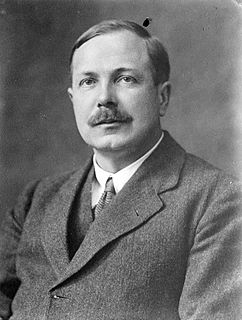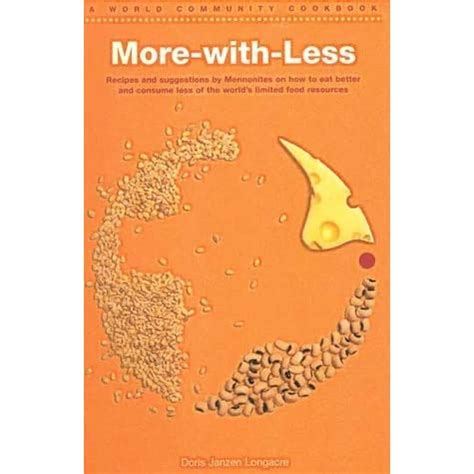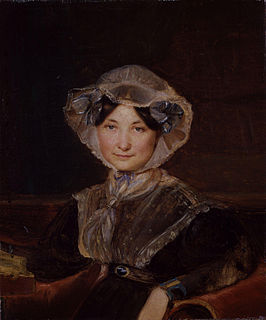A Quote by William Shenstone
We may daily discover crowds acquire sufficient wealth to buy gentility, but very few that possess the virtues which ennoble human nature, and (in the best sense of the word) constitute a gentleman.
Related Quotes
All are agreed that the various moral qualities are in a sense bestowed by nature: we are just, and capable of temperance, and brave, and possessed of the other virtues from the moment of our birth. But nevertheless we expect to find that true goodness is something different, and that the virtues in the true sense come to belong to us in another way. For even children and wild animals possess the natural dispositions, yet without Intelligence these may manifestly be harmful.
Since my logic aims to teach and instruct the understanding, not that it may with the slender tendrils of the mind snatch at and lay hold of abstract notions (as the common logic does), but that it may in very truth dissect nature, and discover the virtues and actions of bodies, with their laws as determined in matter; so that this science flows not merely from the nature of the mind, but also from the nature of things.
Humanity is part of nature, a species that evolved among other species. The more closely we identify ourselves with the rest of life, the more quickly we will be able to discover the sources of human sensibility and acquire the knowledge on which an enduring ethic, a sense of preferred direction, can be built.
The Latin words humus, soil/earth, and homo, human being, have a common derivation, from which we also get our word 'humble.' This is the Genesis origin of who we are: dust - dust that the Lord God used to make us a human being. If we cultivate a lively sense of our origin and nurture a sense of continuity with it, who knows, we may also acquire humility.
Civilization has taught man how to live in dense crowds, and by that very fact those crowds are likely ultimately to constitute a majority of the world’s population. Already there are many who prefer this crowded life, but there are others who do not, and these will gradually be eliminated. Life in the crowded conditions of cities has many unattractive features, but in the long run these may be overcome, not so much by altering them, but simply by changing the human race into liking them.
We may hope that machines will eventually compete with men in all purely intellectual fields. But which are the best ones to start with? Many people think that a very abstract activity, like the playing of chess, would be best. It can also be maintained that it is best to provide the machine with the best sense organs that money can buy, and then teach it to understand and speak English.
Among all the valuable things of this world, the word is the most precious. For in the word one can find a light which gems and jewels do not possess; a word may contain so much life that it can heal the wounds of the heart. Therefore, poetry in which the soul is expressed is as living as a human being. The greatest reward that God bestows on man is eloquence and poetry. This is not an exaggeration, for it is the gift of the poet that culminates, in time, with the gift of prophecy.
To the love of pleasure we may therefore ascribe most of the agreeable, to the love of action we may attribute most of the useful and respectable, qualifications. The character in which both the one and the other should be united and harmonised would seem to constitute the most perfect idea of human nature.
Labour is the source of all wealth, the political economists assert. And it really is the source -- next to nature, which supplies it with the material that it converts into wealth. But it is even infinitely more than this. It is the prime basic condition for all human existence, and this to such an extent that, in a sense, we have to say that labour created man himself.
A single word indicative of doubt, that any thing, or every thing, in that country is not the very best in the world, produces an effect which must be seen and felt to be understood. If the citizens of the United States were indeed the devoted patriots they call themselves, they would surely not thus encrust themselves in the hard, dry, stubborn persuasion, that they are the first and best of the human race, that nothing is to be learnt, but what they are able to teach, and that nothing is worth having, which they do not possess.






































